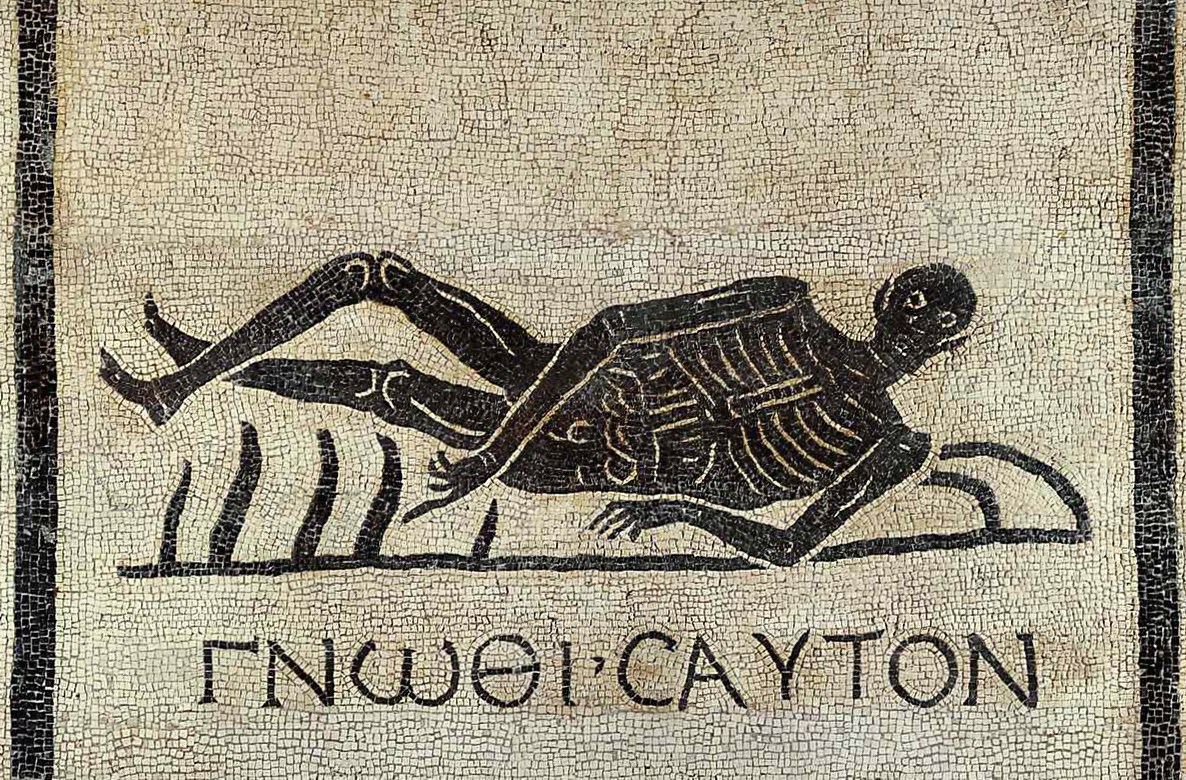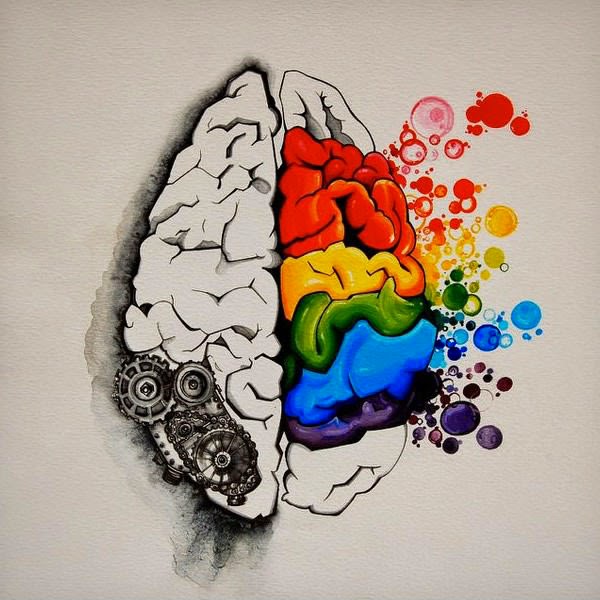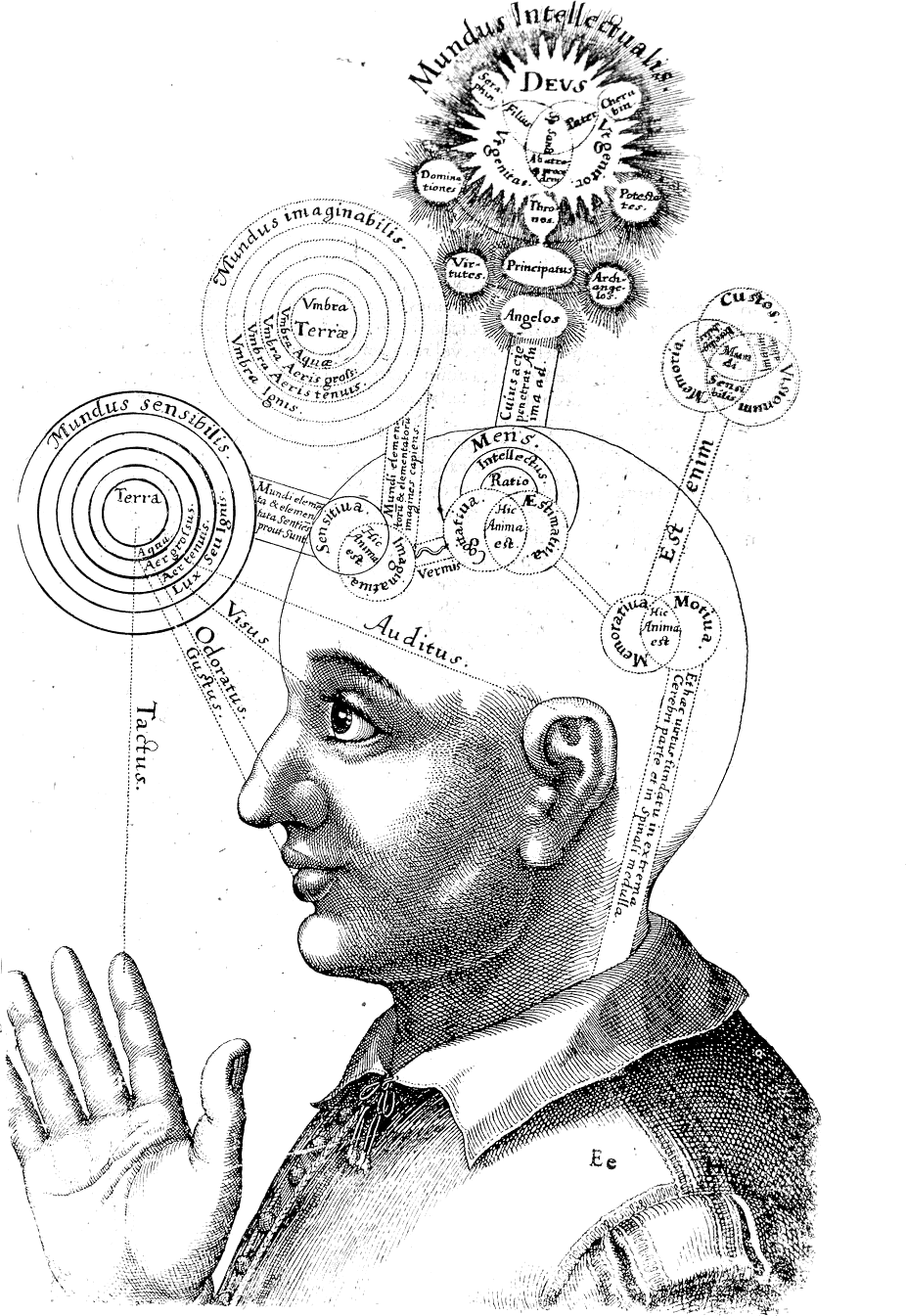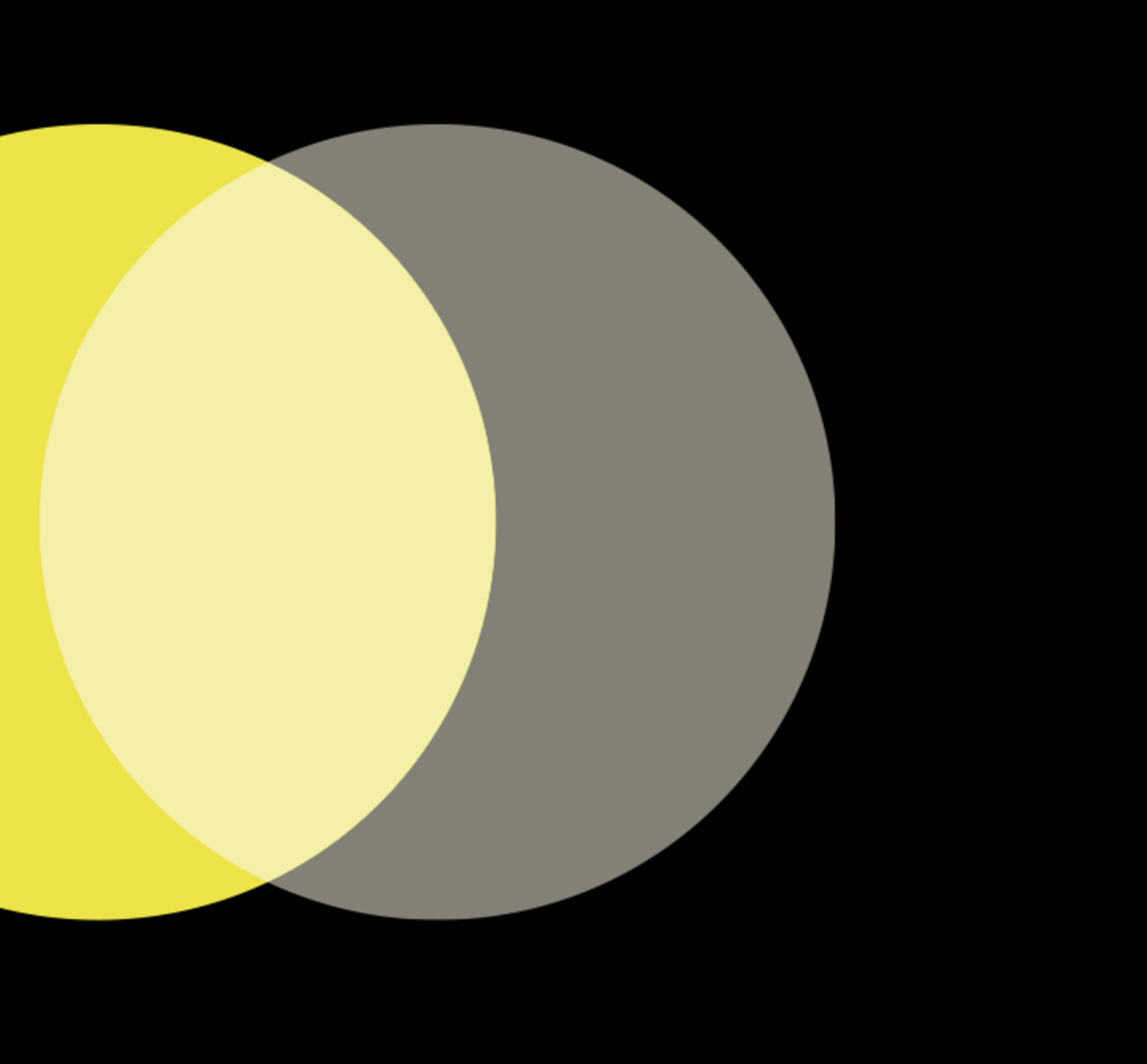Know Thyself
“Know thyself” is the dictum which appeared on the front of the temple in Delphi. But what does that mean and why is it important? Presumably, it means to know, first and foremost, one’s own character and it is important because only by knowing one’s character can one be aware …







